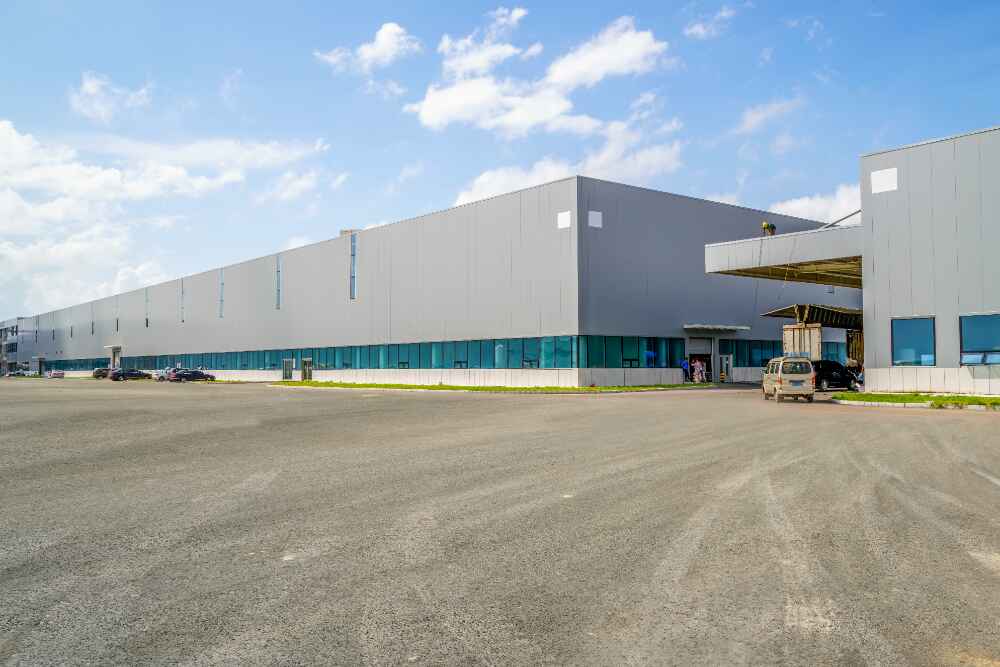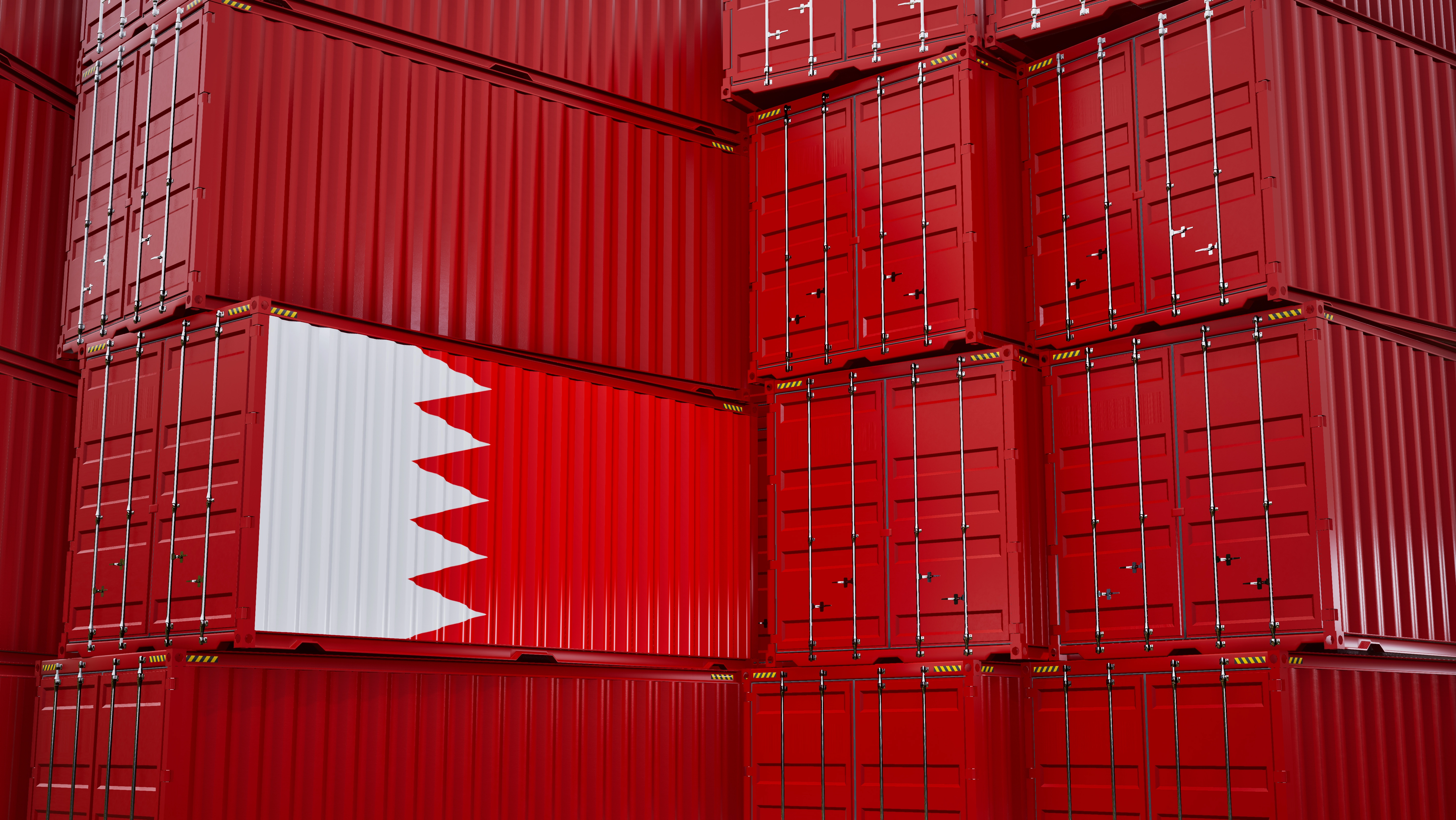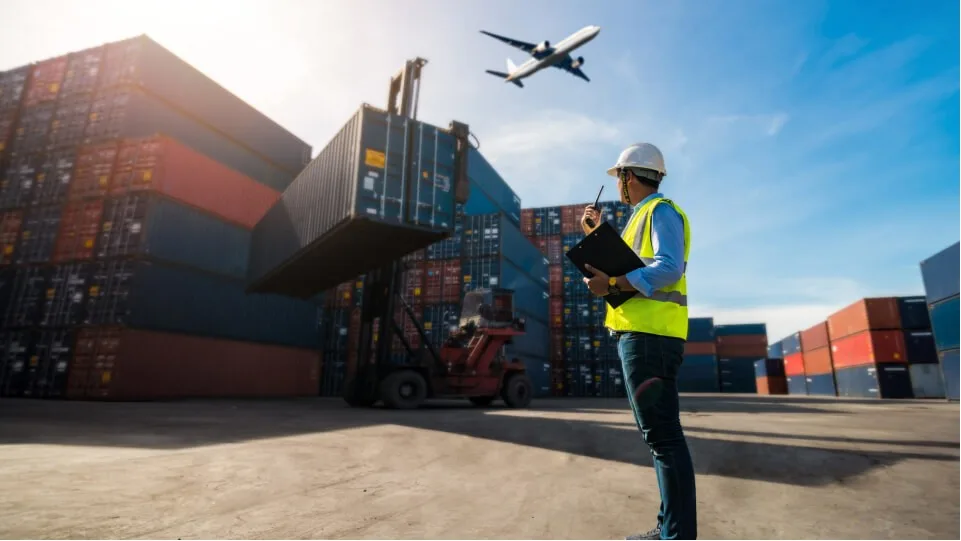- +974 30210933
- Birkath Al Awamir,Gwc Logistics Park C Warehouse No: B3-A13-35
- info@unicorngulf.com
Blog Details

Key Strategic Challenges Impacting Logistics Operations
In the current competitive logistics operations scene, businesses face numerous challenges that impact efficiency, sustainability, and growth. In Qatar, these challenges are amplified by rapid national development, environmental considerations, and the evolving demands of global trade. This blog highlights the imperative key challenges affecting Logistics Operations in Qatar and how companies like Unicorn Gulf Logistics are successfully addressing them.
The Future of Logistics in the Gulf: Qatar 2026 Environmental Insights
As Qatar positions itself as a regional logistics operations hub, the Gulf's Logistics Industry and the Environment in Qatar 2026 Updates signal significant shifts. The government’s Vision 2030 emphasizes sustainable development, encouraging companies to adopt green initiatives. This includes investments in low-carbon technologies, supply chain optimization, and carbon footprint reduction. Leading businesses like Unicorn Gulf Logistics are at the forefront, blending sustainability with commerce to contribute to national objectives.
Geopolitical Challenges and Supply Chain Disruptions
The geopolitical environment in the Gulf region presents ongoing challenges for Logistics Operations. International policies and regional tensions can create vulnerabilities in supply chains, affecting delivery schedules and operational costs. Logistics Services in Qatar providers must remain agile, developing contingency plans and alternative routes to mitigate the risks associated with geopolitical uncertainties.
Protecting the Planet Requires Innovative Steps in Sustainable Logistics
Environmental sustainability has become a top priority for Gulf logistics companies. Reducing emissions and conserving resources in the region aligns with Planet Protection Calls for Bold Steps from Sustainable Logistics in Gulf initiatives. Implementing green technologies such as electric vehicles and renewable energy is essential for a greener future. Unicorn Gulf Logistics exemplifies this approach, adopting eco-friendly practices across all its operations, staying compliant with environmental regulations, and contributing to global sustainability efforts.
Logistics Operations: Meeting the Needs of a Growing Economy
Qatar’s rapid economic growth has significantly increased the demand for Logistics Services in Qatar. From retail to construction, businesses require reliable and efficient transportation solutions. Logistics companies must enhance infrastructure, adopt innovative technologies like automation and AI, and offer tailored services to meet diverse business requirements. Unicorn Gulf Logistics addresses these needs with comprehensive solutions, including air, sea, and land cargo services, providing seamless support for companies across the region.
Digital Transformation and Technological Advancements
Integrating technology into logistics operations is no longer optional; it’s a necessity. Advanced platforms enable real-time tracking, inventory management, and data analysis, enhancing operational efficiency and customer satisfaction. Logistics providers must invest in digital infrastructure and equip their teams with the skills needed to leverage these technological advancements effectively.
Customs Procedures and Regulatory Compliance
Managing complex regulatory requirements in Qatar is a critical aspect of Logistics Services in Qatar. Compliance with customs regulations, import-export policies, and security measures requires meticulous attention. Failure to comply can result in delays, fines, and reputational damage. Unicorn Gulf Logistics simplifies these processes by staying current with regulatory updates and maintaining robust compliance systems.
Infrastructure Development and Capacity Constraints
Although Qatar has made significant strides in developing its logistics operations infrastructure, capacity remains a pressing concern. Ports, airports, and roads must continuously evolve to accommodate growing cargo volumes. Logistics providers need to collaborate with governmental agencies to advocate for scalable infrastructure improvements to meet future demand.
Talent Acquisition and Workforce Development
The logistics sector requires a skilled workforce with expertise in supply chain management, technology, and customer service. Talent acquisition and retention are critical challenges, requiring investments in training programs, competitive compensation, and career growth opportunities. Unicorn Gulf Logistics prioritizes workforce development through ongoing learning and professional growth initiatives.
Conclusion
The Qatar logistics sector faces complex strategic challenges that require innovation, sustainability, and adaptability. Prioritizing environmental protection, leveraging technology, ensuring regulatory compliance, and investing in both infrastructure and human capital are essential for overcoming these obstacles. Unicorn Gulf Logistics stands out as a visionary company, integrating green practices and advanced solutions to support growth while aligning with Qatar’s Vision 2030. For businesses seeking efficient and reliable Logistics Services in Qatar, Unicorn Gulf Logistics remains the trusted partner, ensuring quality, sustainability, and operational excellence.
































